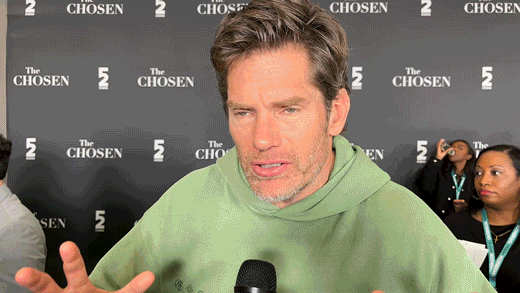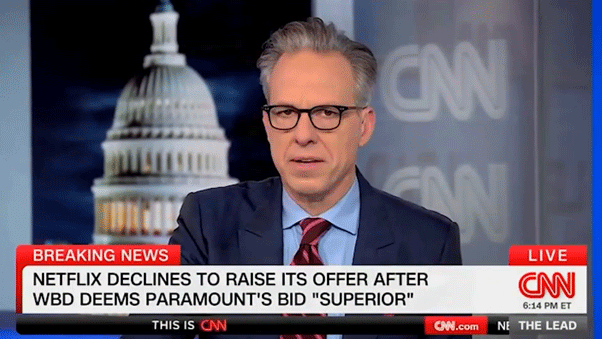College officials are ‘cowards’ for not enforcing free speech: Ilya Shapiro
A former law professor said university officials need to enforce their own policies after students and educators heckled a judge and stopped his remarks.
Harvard's newly established Council on Academic Freedom plans to promote and uphold the principles of "free inquiry, intellectual diversity, and civil discourse" at the university, according to two Harvard professors on the council.
Professors Steven Pinker and Bertha Madras wrote in an op-ed for the Boston Globe that as members of the council, which was established in March, they plan to "sponsor workshops, lectures, and courses on the topic of academic freedom."
"We also intend to inform new faculty about Harvard’s commitments to free speech and the resources available to them when it is threatened," the Harvard professors wrote. "We will encourage the adoption and enforcement of policies that protect academic freedom. When an individual is threatened or slandered for a scholarly opinion, which can be emotionally devastating, we will lend our personal and professional support."
"When activists are shouting into an administrator’s ear, we will speak calmly but vigorously into the other one, which will require them to take the reasoned rather than the easy way out," they continued. "And we will support parallel efforts led by undergraduate, graduate, and postdoctoral students."
According to the council's website, a small group of Harvard faculty members got together to discuss free speech at the university in November 2022 and determined "that a faculty-led organization was needed to advocate for the free and civil exchange of ideas on campus."
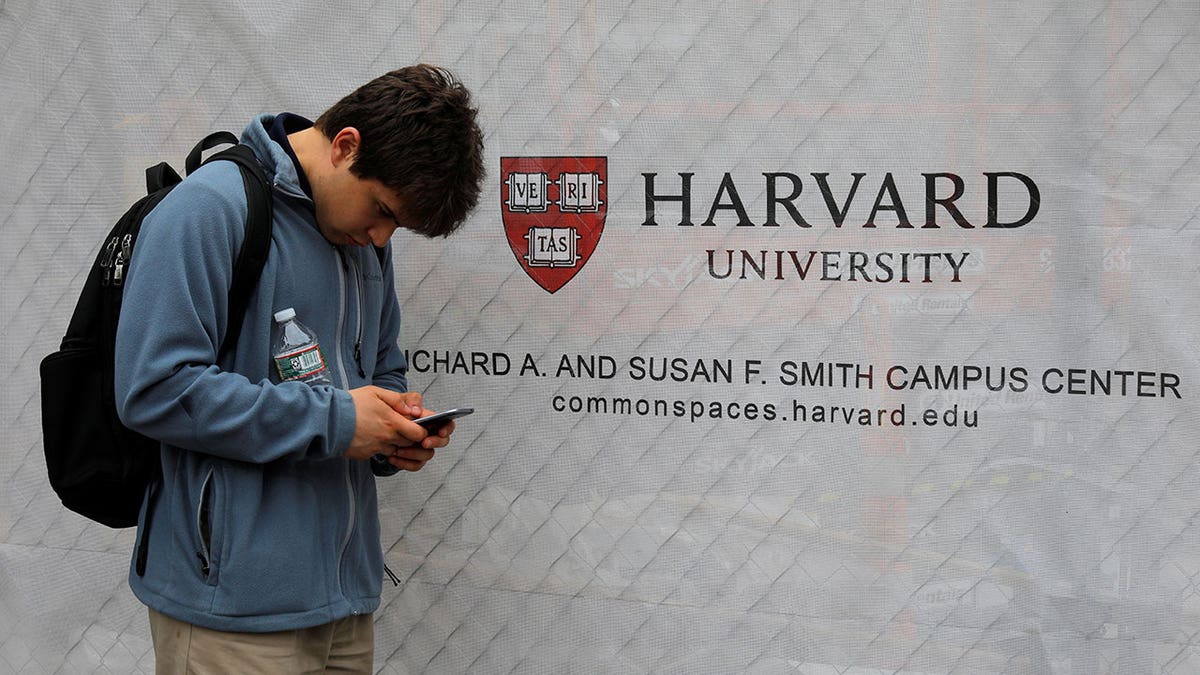
A man looks at his mobile phone beside a sign for Harvard University in Cambridge, Massachusetts, U.S., June 18, 2018. REUTERS/Brian Snyder (REUTERS/Brian Snyder)
Pinker and Madras cite a study that found there have been 877 attempts to "punish scholars for expression" that might be protected under the First Amendment between 2014 and 2022.
"For every scholar who is punished, many more self-censor, knowing they could be next. It’s no better for the students, a majority of whom say that the campus climate prevents them from saying things they believe," they said.
The Harvard professors added that any community that is "repressing disagreement" is "doomed" and likely to "chain itself to error."
"An academic establishment that stifles debate betrays the privileges that the nation grants it and is bound to provide erroneous guidance on vital issues like pandemics, violence, gender, and inequality. Even when the academic consensus is almost certainly correct, as with vaccines and climate change, skeptics can understandably ask, 'why should we trust the consensus, if it comes out of a clique that brooks no dissent?'" Pinker, the co-president of the council, and Madras said in their op-ed.
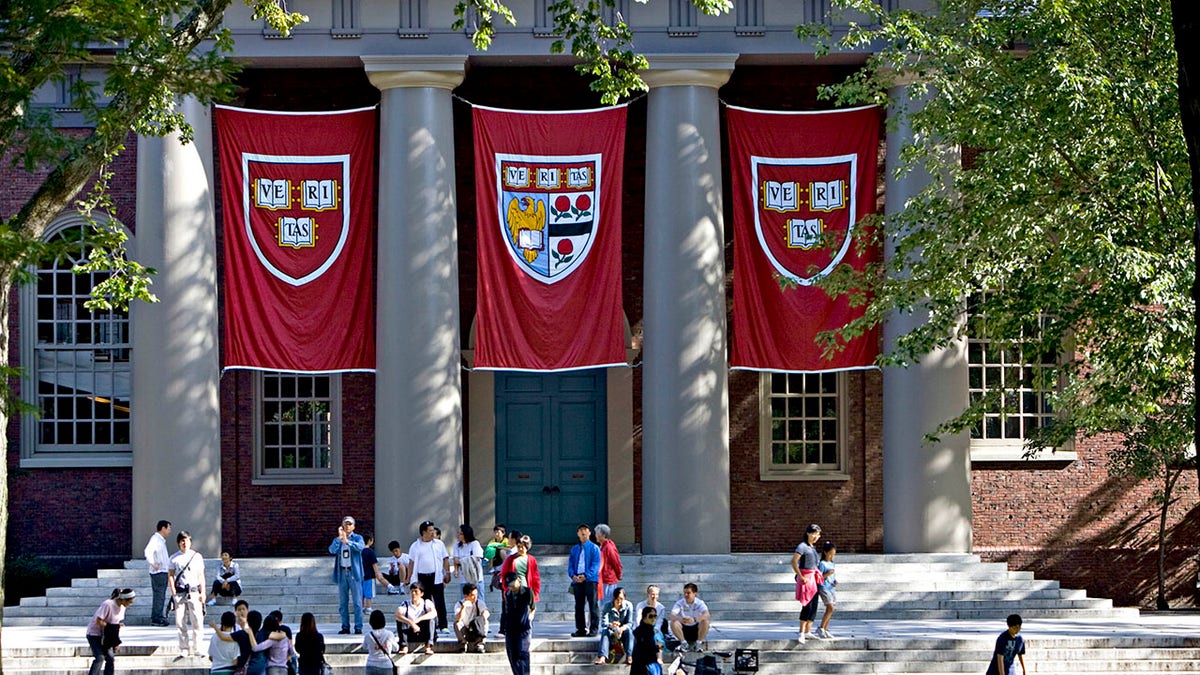
Harvard banners hang outside Memorial Church on the Harvard University campus in Cambridge, Massachusetts, on Friday, Sept. 4, 2009. (Photo by Michael Fein/Bloomberg via Getty Images)
The pair of professors also criticized Gov. Ron DeSantis, R-Fla., in their op-ed, specifically his decision to appoint six new board members to the New College of Florida's vacant board seats.
They also characterized DeSantis' "Stop Woke Act" as an effort to "counter left-wing muscle with right-wing muscle by stipulating the content of education through legislation."
"The coin of the realm in academia ought to be persuasion and debate, and the natural protagonists ought to be the faculty. They can hold universities accountable to the commitments to academic freedom that are already enshrined in faculty policies, handbooks, and in the case of public universities, the First Amendment," Pinker and Madras wrote.
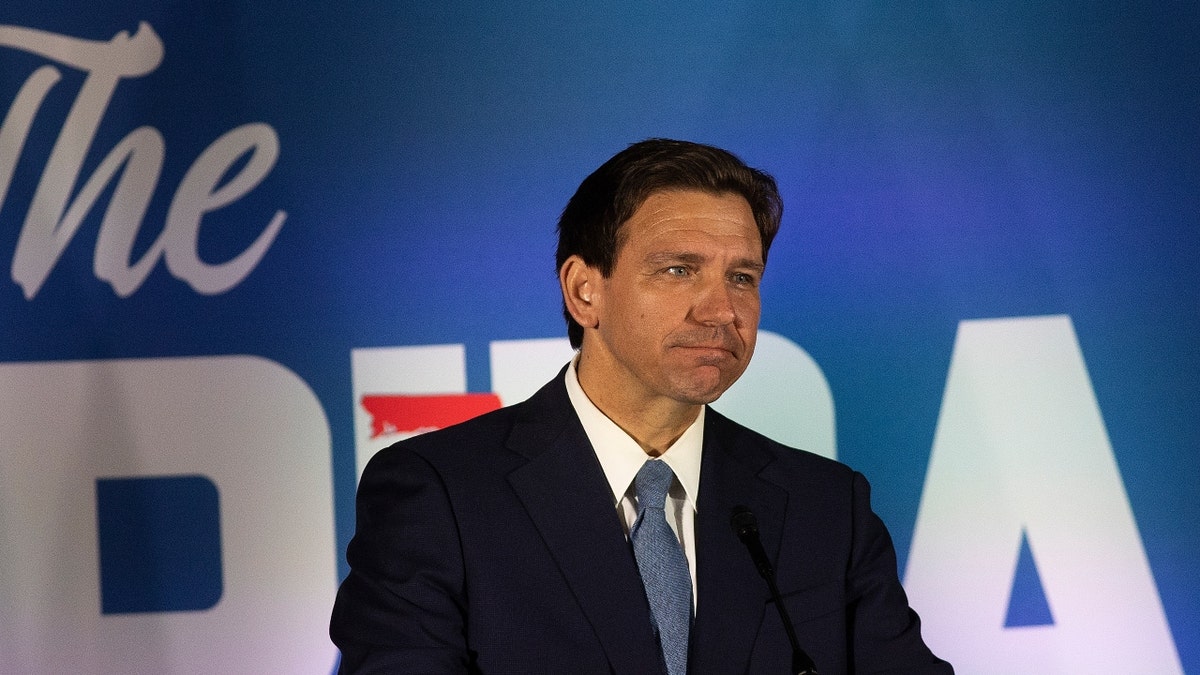
Florida Governor Ron DeSantis gives a political speech at the Cradle of Aviation Museum, April 1, 2023 in Garden City, New York. ((Photo by Andrew Lichtenstein/Corbis via Getty Images))
CLICK HERE TO GET THE FOX NEWS APP
The Wall Street Journal editorial board reacted to the creation of the council in an editorial published on Wednesday and said while there was reason to be skeptical of the council, they would believe it when they see it.
"There’s ample reason to be skeptical, and we’ll believe it when we see it. But if Harvard’s faculty is recommitting the school to the bedrock principles of university life, hear, hear," the editorial board wrote.




